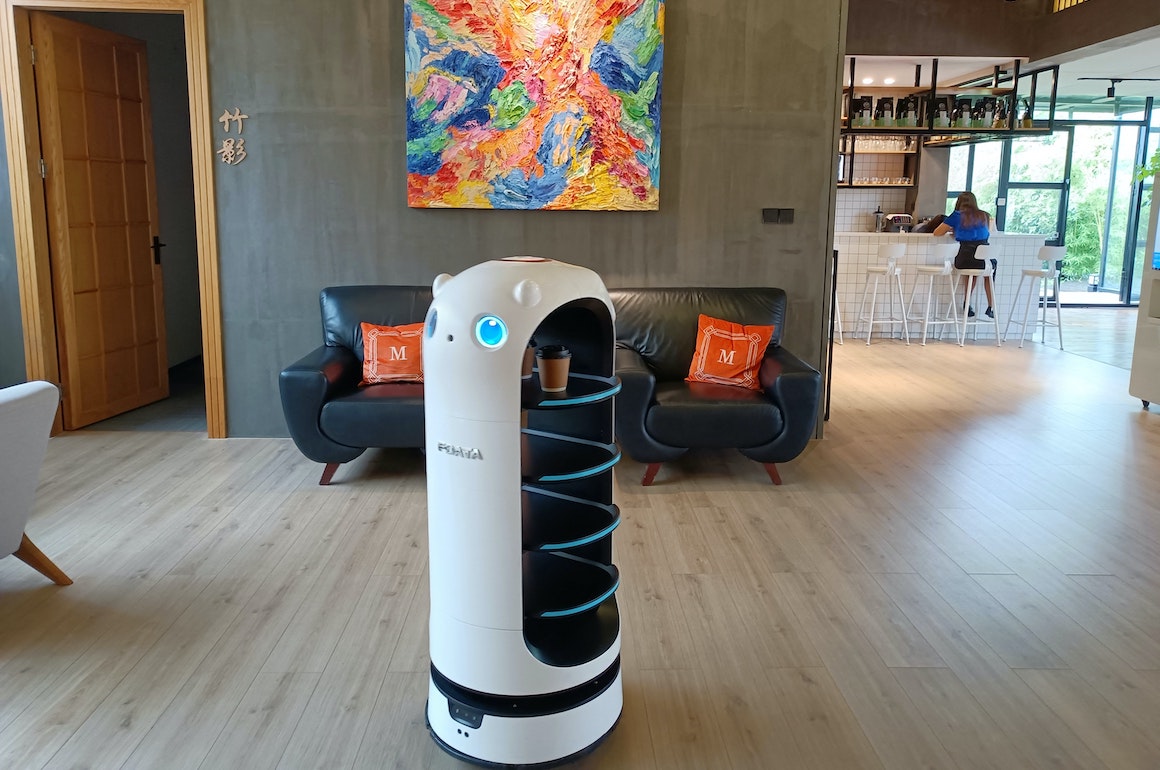Airlines are canceling flights across the country due to an overwhelming staffing shortage making it a challenge for planners to make group reservations. On the ground, according to the New England Livery Association (NELA), the limousine and charter bus industry has lost about 90 percent of its business due to the pandemic. “That lack of cash flow is brutal for our industry, and that translates into not enough drivers to service the returning meetings and events,” said Charles Wisniewski, NELA board member.
Then there is the hotel industry. According to the most recent Bureau of Labor Statistics findings, the hospitality industry is still down by 1.2 million workers since February 2020. Some analysts believe the low unemployment rate and competition with other sectors make hotels and restaurants less appealing to job seekers.
Another reason the hospitality industry is struggling to restaff is the source of its employment pool. Traditionally, the sector employs many foreign workers with temporary non-immigrant visas, and college students enrolled in hospitality programs. However, during the pandemic, international travel halted, quarantine mandates were put in place, and enrollment in universities across the nation plummeted.
Technology Eases Staffing Woes
One solution the hotel industry is beginning to embrace to help solve its labor shortage is the increased use of technology. Service robots equipped with 3D cameras are being used as “co-bots,” working alongside humans to handle the more mundane responsibilities. For example, the Ameswell Hotel in Mountain View, CA, uses service robots to bus tables at its restaurant taking the heavy lifting and the long trips back to the kitchen off of the employees, freeing them to better focus on guests.
“The pandemic has created serious staffing problems for the hotel industry, and technology is going to be part of the solution,” said David Chen, co-founder and director of engineering at Orbbec 3D Technology International, Inc.
According to Chen, mobile robots can deliver room service items like towels and toiletries. Additionally, they can even operate as roving security guards throughout the property. Chen says that 3D facial authorization makes it possible for service robots to recognize and address guests by name, adding a sense of personalization.
But by far, housekeeping is the most effective use of 3D robots. Robots can manage in-room and common area cleaning tasks. In many cases, robots are more efficient than human workers. By using disinfectant sprays and UV light, service robots can clean the surface of doorknobs, elevator buttons, TV remotes, and other high-touch surfaces in seconds.
Event Planning Companies Deal With Staffing Issues
Companies in the event planning space are developing new strategies to address the re-staffing problem. Sean Hoff, managing partner of Moniker, an event planning company specializing in team building and retreats, says that his company has had success taking a more proactive approach to recruitment. Rather than simply posting job opportunities on hiring websites, the company has created behind-the-scenes “A day in the life of…” video content for its social media channels. This strategy has helped the company achieve its recruitment goals, and set expectations for candidates and reduce on-the-job learning curves with regard to company culture.
Venetia Campbell, an independent planner, has restructured the roles within her team. “During the pandemic, we transitioned from seeking planners to producers, actively recruiting candidates who are tech-savvy and familiar with video or TV production and show-calling,” she said. “Positions have become more function-based, rather than generalist, utilizing employees’ specific talents and skill sets to produce virtual, hybrid and in-person events.”
From her perspective within the technology side of the industry, Rae Malcham, chief strategy officer of BW Events Tech, said before the pandemic, event technologists were not given a seat at the table. “Due to the radical shift toward virtual and hybrid meetings, technologists are now a part of every planning decision, and I expect the industry to stay this way,” says Malcham.
